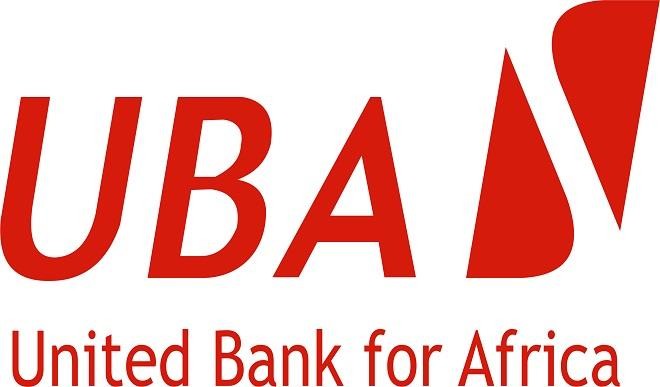Zenith Bank’s exposure in Etisalat’s $1.2bn loan caused 3.5% jump in total loan book
More negative effects of the trending crisis trailing the Etisalat’s syndicated loan default among 13 Nigerian banks are still emerging.
New report published by a London based independent investment banking services specialist firm, Exotix Capital Limited, showed that Zenith Bank accounted for about N80 billion of the total loan, which is the largest among the top eight banks that participated in the loan syndication.
Otherwise, Zenith Bank’s exposure in the Etisalat loan accounts for about 3.5 per cent of its total loan book, a scenario capable of leading disruptions in the management of the bank’s book.
 The market sensitivity analysis report further revealed how local banks’ exposure in the $1.2 billion (about N377.4 billion) syndicated loan granted Etisalat Nigeria by a consortium of 13 Nigerian banks worsened their loan books over the last few years and not just this year.
The market sensitivity analysis report further revealed how local banks’ exposure in the $1.2 billion (about N377.4 billion) syndicated loan granted Etisalat Nigeria by a consortium of 13 Nigerian banks worsened their loan books over the last few years and not just this year.
Business Hilights recalls that several banks that released their first reports has issues with loan provisioning due to the defaulted loan arrangements, but were smart in reporting the narratives to their shareholders.
 According, Jumai Mohammed, a top official of Exotix Partners, a subsidiary of Exotix Capital Limited, about N42 billion contributed by Guaranty Trust Bank (GTB) constitutes about 2.6 per cent of its total loan book value, while about N40 billion by Access Bank accounts for about 2.2 per cent of the bank’s total loan exposure.
According, Jumai Mohammed, a top official of Exotix Partners, a subsidiary of Exotix Capital Limited, about N42 billion contributed by Guaranty Trust Bank (GTB) constitutes about 2.6 per cent of its total loan book value, while about N40 billion by Access Bank accounts for about 2.2 per cent of the bank’s total loan exposure.
The report further showed that United Bank for Africa (UBA)’s contribution of N37 billion represents about 2.5 per cent of its loan book value, while First Bank’s N24 billion takes about 1.2 per cent; Fidelity Bank (N17.5 billion) 2.4 per cent; Stanbic IBTC (N7.3 billion) 2.1 per cent, and First City Monument Bank (FCMB – N4.5 billion), 0.7 per cent.
However, Exotix Capital Limited soft-landed its report, saying it estimated a “modest impact” of the loan on the affected banks, as the facility to Etisalat Nigeria represented only 1.9 per cent of the aggregate bank loans in the country.
Besides, a sensitivity analysis of the loan showed that the facility on the average would register a -12 per cent on net profit, -2 per cent on equity and -0.3 basis points on the capital adequacy ratios in the 2017 financial year of the banks.
Ms. Mohammed was quick to note that “We believe the banks should easily be able to absorb a shock of this magnitude”.
Continuing, Exotix Capital report averred that “If this development is precursor to more general difficulties in the FCY loan exposure, which represents on average 47 per cent of the total loan book, then we may see more pronounced deterioration in the equity base of banks. Within our coverage, Diamond Bank is likely to be most impacted, while Wema Bank should be least impacted”









